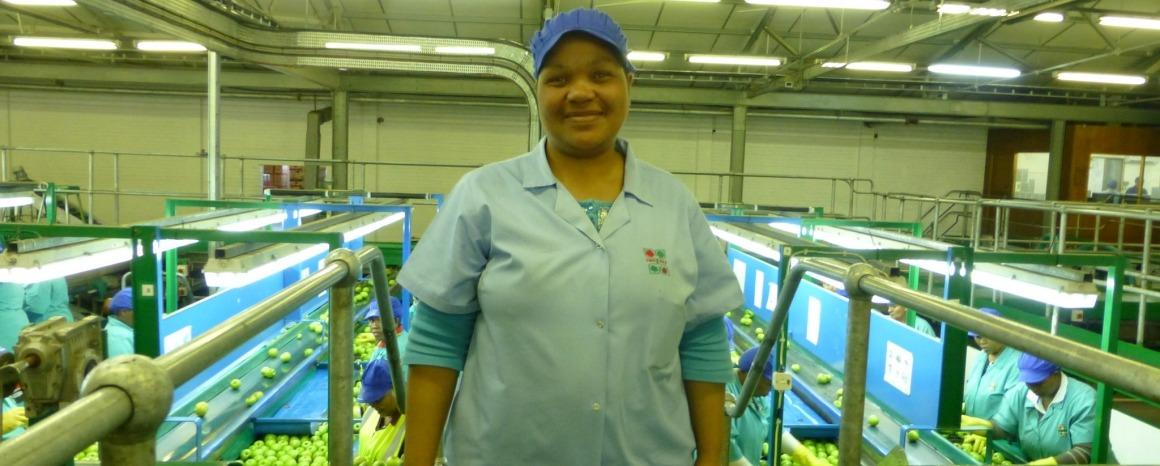
Practical guidance on gender equality at work will be sent to employers all over the world this year by the Ethical Trading Initiative, the London-based alliance of companies, trade unions and NGOs that promotes labor rights.
As part of its campaign, the ETI will issue guidance literature and will work with all interested parties to tackle gender discrimination.
The drive follows intensive research by the ETI, Manchester University and ten large brands.
To date, the areas and the employers reviewed in the investigations are not identified and the examples of unethical treatment are unspecified.
The report emphasized the importance to companies of being committed to women’s rights, partly to improve overall working conditions, said Annie Barber, ETI’s senior knowledge and learning adviser.
The researchers were happy to find that “gender is now firmly on the business radar worldwide”.
This gave “an opportunity for much greater collaboration, both practically and in terms of policy thinking, with knock-on benefits in terms of spending and knowledge”.
Some rights workers were looking into gender pay discrepancy, land tenure, remuneration and ways of taking account of women’s unpaid employment.
There was progress on co-operation with NGOs and trade unions, freedom of association, collective bargaining, the payment of living wages, provision of training and education, dealing with sexual harassment and placing women in traditionally male jobs.
Nevertheless, ETI researchers observed gaps in the information needed for action: “A lot of money and time is being invested, but little is yet known about impact as not enough data has been collected.
“Yet, without data and sharing, it is not possible to influence more widely, make evidence-based decisions and ensure change happens.”
The investigators found women were still victims of discriminatory laws, policies and attitudes and were more vulnerable to labor rights abuses, even though they often made up the majority of workers in supply chains.
They concluded that the two problems needing “much more attention” were excessive hours and irregular employment—crucially, because they disproportionately affect women workers, particularly in the agricultural and garment sectors.
The ETI further highlighted the case for eliminating discrimination attitudes generally if employment policies were to be influenced. It will continue its studies of the problem with Manchester University.
Its final comment: “There needs to be a deeper understanding of and action on gender issues in wider society to successfully bring about change.”

Megan is a writer and editor interested in sharing stories of positive change and resilience. She is the author of Show Up and Bring Coffee, a book highlighting how to support friends who are parents of disabled children. You can follow her at JoyfulBraveAwesome.com.














